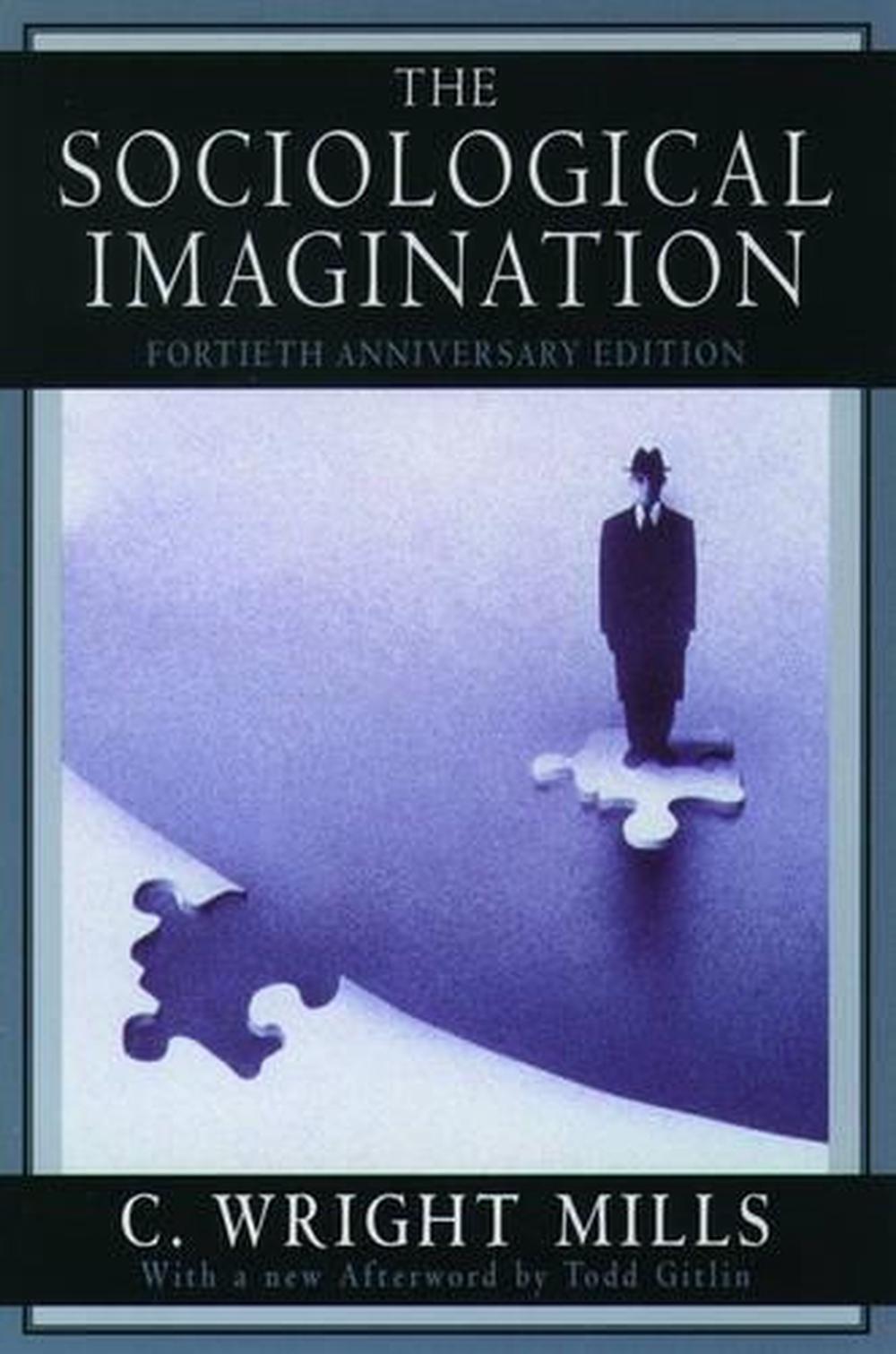Have you ever felt like you’re trapped in a routine, your life seemingly determined by forces beyond your control? Perhaps you’ve wondered why certain social issues persist, or why your experiences seem so different from those around you. These are questions that the sociological imagination can help us answer. It’s a framework for understanding the world, not just as individuals, but as part of a larger social context.

Image: shoyher.narod.ru
The sociological imagination, coined by the sociologist C. Wright Mills, is a way of thinking that allows us to connect personal troubles with public issues. It encourages us to step outside our individual experiences and see the broader social forces that shape our lives. It’s about shifting our perspective from “me” to “we,” and recognizing that our individual choices are often shaped by the society we live in.
The Foundation of the Sociological Imagination
The sociological imagination is built on a few core principles:
- Social structures: Our lives are shaped by larger social structures like institutions, laws, and social norms. These structures influence our opportunities, beliefs, and behaviors.
- Historical context: Our present is intertwined with the past. Understanding historical events and social changes is crucial for understanding the present.
- Social construction of reality: What we consider “normal” or “real” is often socially constructed. Our perceptions of the world are shaped by our social interactions and experiences.
- Agency and structure: While social structures influence our actions, we still possess agency. We can make choices, challenge existing norms, and contribute to social change.
Seeing the World with New Eyes
The sociological imagination allows us to see the world in new ways. For instance, take unemployment. It’s easy to see personal unemployment as an individual failure. However, the sociological imagination invites us to consider the broader social factors at play: economic downturns, automation, changing job markets, and policies that disadvantage certain groups.
By applying the sociological imagination to everyday phenomena, we begin to understand:
- The power of social institutions: How do educational systems, political institutions, and religious organizations shape our beliefs and opportunities?
- The influence of social trends: Why have certain cultural values shifted over time? What are the consequences of these changes?
- The roots of social problems: Why do issues like poverty, inequality, and discrimination persist? What are the barriers to solving these problems?
The Impact of the Sociological Imagination
The sociological imagination isn’t just an intellectual exercise; it has real-world implications. It empowers us to:
- Become more informed citizens: By understanding the social forces that influence our lives, we can engage in more informed discussions about social issues and contribute to solutions.
- Challenge existing inequalities: The sociological imagination can help us identify and dismantle systems that perpetuate systemic injustice.
- Promote empathy and understanding: By stepping outside our personal bubbles, we can develop greater empathy for those with different backgrounds, experiences, and perspectives.
- Foster social change: Understanding the roots of social problems can inspire us to become agents of change, working to build a more just and equitable society.

Image: www.thenile.com.au
Expert Insights and Actionable Tips
Sociologists like Dr. Michael Burawoy and Dr. Patricia Hill Collins have emphasized the importance of bridging the gap between academics and everyday life. They urge us to actively engage with our communities, conducting research, participating in community organizations, and sharing our insights with others.
Here are some practical tips for applying the sociological imagination in your daily life:
- Question the status quo: Challenge assumptions and conventional wisdom. Why are things the way they are? What are the underlying social forces at play?
- Seek out diverse perspectives: Engage with people from different backgrounds and listen attentively to their experiences.
- Become a critical consumer of information: Be aware of the biases and ideologies that shape the information we receive.
- Embrace complexity: Acknowledge that social issues are rarely simple and often have multiple contributing factors.
Sociology Imagination
The Power of Perspective
The sociological imagination is a powerful tool for navigating the complexities of the modern world. By understanding the broader social forces that shape our lives, we gain a deeper sense of agency, empathy, and purpose. It enables us to move beyond individual experiences and contribute to a more just and equitable future.
So, next time you encounter a social issue, don’t just assume it’s an individual problem. Take a step back and use your sociological imagination to see the bigger picture. You might just be surprised at the insights you uncover.






